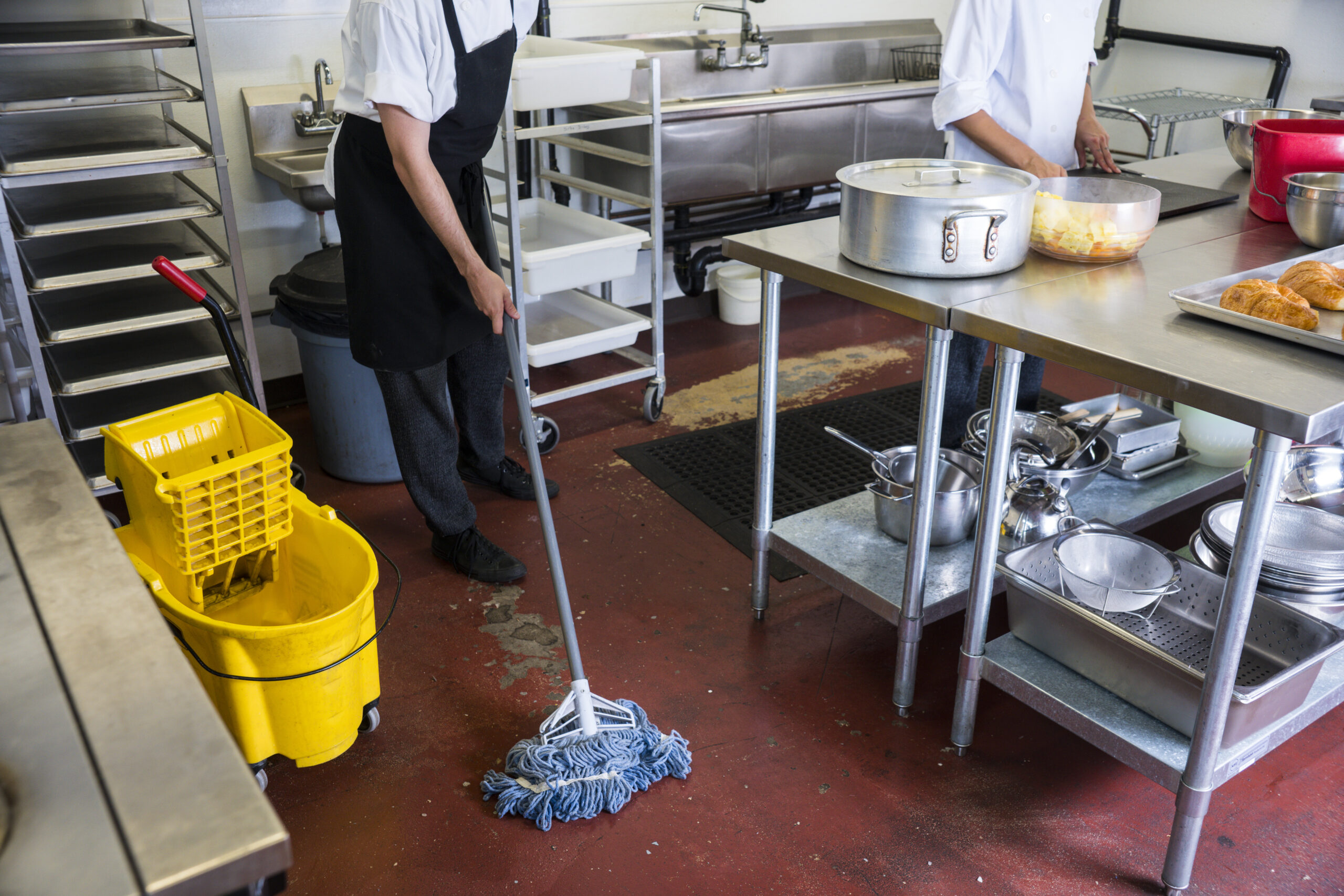In today’s evolving work environments, fostering a culture of safety is more than just adhering to traditional protocols; it’s about creating an ecosystem where safety is ingrained in every employee’s mindset.
A key player in fostering this culture is the implementation of a workplace safety course.
These courses offer extensive knowledge and practical training to ensure employees understand and adhere to the importance of safety measures.
Workplace Safety Course: The Cornerstone of Safety
A workplace safety course is a systematic program designed to educate employees about the potential hazards in their work environment and how they can avoid or manage them.
These courses cater to a wide array of professional environments.
This includes everything from corporate boardrooms and innovative tech startups to busy construction sites, bustling restaurant operations, and advanced food and beverage processing plants.
They generally include modules on safe handling of equipment, emergency response procedures, personal protective equipment usage, and understanding safety signs, among others.
The purpose of a workplace safety course is not merely to communicate the rules but to foster a safety-conscious culture.
They make employees an integral part of the safety process, encouraging their proactive involvement in identifying and mitigating risks.
Food Safety Singapore: A Case Study in Excellence
A prime example of how a specific industry can benefit from a culture of safety is the food industry in Singapore.
Given the city-state’s status as a global culinary hub, maintaining high standards of food safety is paramount.
The introduction of food safety courses in Singapore has significantly contributed to these standards.
Food safety courses in Singapore focus on areas such as food handling, storage, and preparation, minimising cross-contamination risks, and ensuring the proper cleaning and sanitation of all food-contact surfaces.
These courses have succeeded in fostering a culture of safety in the food industry, with a substantial reduction in food-related incidents recorded over the past decade.

Source: istock
Safety Course in Singapore: A Holistic Approach to Workplace Safety
Singapore’s approach to workplace safety extends beyond the food industry. Its comprehensive safety course offers a model for other nations.
The course content ranges from general occupational health and safety to more specialised areas like construction safety and fire safety, thus covering a broad spectrum of industries.
What sets Singapore’s approach apart is its emphasis on creating a safety culture that’s more than just rule compliance.
By engaging workers, encouraging feedback, and promoting their active participation in safety procedures, Singapore’s safety course has fostered a sense of shared responsibility for workplace safety, reducing incidents and creating safer work environments.
Basic Food Hygiene Course: A Necessity in Today’s Food Industry
A basic food hygiene course is another key component of creating a safe workplace, especially in the food industry.
This course is crucial as it provides employees with the knowledge and skills to handle food safely, thereby ensuring consumer safety and maintaining the reputation of the business.
A basic food hygiene course usually includes modules on personal hygiene, cleaning and sanitising, pest control, and food allergen awareness.
The course’s practical and easy-to-understand approach empowers employees, making them more confident and conscientious about their roles in maintaining food safety.
In Singapore, such courses have played a significant role in enhancing the country’s food safety standards.
They have helped instil a safety-first mindset in workers, with tangible improvements in food handling practices and a reduction in foodborne illnesses.
The Importance of Food Safety Training for New Employees
A crucial aspect of cultivating a safe workplace, especially in the food industry, is the provision of food safety training for new hires.
This introductory training ensures that new employees are fully aware of the company’s safety protocols before they begin their roles.
For the food industry, this can include training on proper food handling, storage, disposal, and the correct use of personal protective equipment.
In this initial phase, courses like the basic food hygiene course come into play. They ensure new employees are equipped with the fundamental knowledge needed to handle food safely.
Employers in Singapore have found that implementing such a training regimen for new hires significantly reduces the risk of foodborne illnesses and other safety-related incidents.

Source: istock
Continuous Learning and Refresher Food Safety Courses
While the initial training is vital, continuous learning and periodic refresher courses are equally important.
They ensure employees’ knowledge and skills are up to date, especially in the rapidly evolving food industry.
They also serve as a reminder of the importance of adhering to safety practices, which can sometimes be forgotten in busy day-to-day operations.
For instance, food safety courses in Singapore often include a refresher component.
They allow employees to revisit essential concepts, learn about new food safety standards and regulations, and assess their knowledge through quizzes and practical demonstrations.
Conclusion
Promoting safety in the workplace, especially in the food industry, requires an enduring commitment to education and training.
Workplace safety and basic food hygiene courses, such as those in Singapore, play a crucial role in building this culture.
They equip employees with essential knowledge, reduce safety incidents, and instil a mindset of continuous learning.
By consistently reinforcing these practices, we can foster a safer, healthier workplace, truly embodying a safety culture.
Take the Next Step with Skillmaster
Elevate your team’s safety standards with Skillmaster, Singapore’s top food safety course provider.
Equip your staff with essential skills and foster a safer workplace today. Register for our comprehensive programs now and join us in creating a culture of safety.




